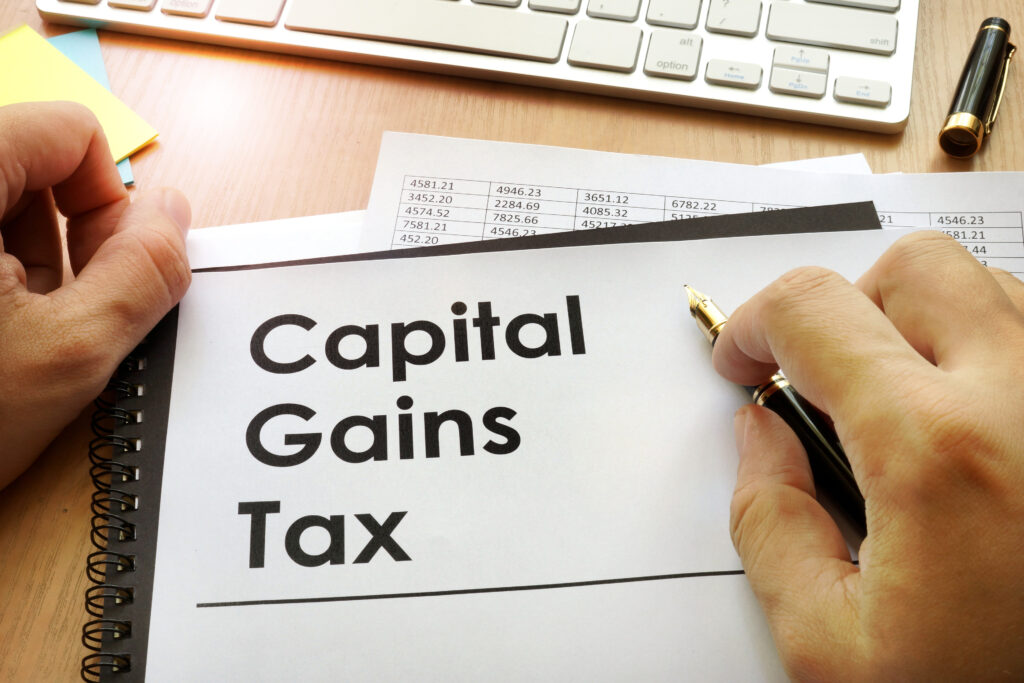As we count down to the Autumn Budget, there is increasing speculation about what will be announced and how any changes will impact savings, investments and pensions. In his latest article, our Managing Director Phil McGovern FPFS addresses some of the ‘budget rumours’. If you would like specific advice please get in touch.
According to Rachel Reeves, the Chancellor, we’re facing some ‘tough decisions’ in the upcoming Autumn Statement on October 30th. Here’s my take on how it might impact you and what, if anything, you can do to plan ahead. But of course, all of this is speculative since we won’t know for sure what’s coming until the day itself.
Labour has stated they won’t raise taxes on ‘working people,’ which they define as those in the basic rate tax bracket. This likely means income tax, national insurance for employees, and VAT will stay the same. However, their definition of ‘working people’ might be a little different from mine. Reading between the lines, we might see changes to employer’s national insurance, capital gains tax (CGT), inheritance tax (IHT), and pensions.
Capital Gains Tax (CGT)
There’s a lot of speculation about CGT rising from the current rates of 10% and 20% to match income tax rates—so 20%, 40%, and 45%. On top of that, we might see the £3,000 annual exemption disappear altogether.

Some of my clients have already started selling shares and funds ahead of the Budget, hoping to sidestep potential tax hikes. Remember, CGT applies when you sell second homes, buy-to-let properties, shares, and investment funds outside of ISAs. It’s worth thinking about maximising your ISA investments before the Budget as ISAs are CGT-free. However, selling now doesn’t guarantee you won’t be affected by the new regime, especially if they apply it retroactively to gains made earlier this tax year.
Another option is to hold onto your assets, as CGT is only payable when you sell. There’s also talk of scrapping Business Asset Disposal Relief (Entrepreneurs’ Relief), which currently taxes the first £1 million of a business sale at 10%. I ran some calculations for a client recently, and without this relief, they’d be looking at an extra £500,000 in tax on the sale!
If you want to defer CGT, investing in an Enterprise Investment Scheme (EIS) could be an option. It offers tax relief for investments in early-stage companies.
Pensions
There’s always a lot of noise about pensions ahead of a Budget, especially around the tax-free cash allowance. Recently, one of Labour’s think tanks suggested capping tax-free cash at £100,000. My view has always been that if they remove tax-free cash, why would anyone save into a pension? If you’re a basic rate taxpayer getting 20% relief going in and then pay 20% tax when you retire, pensions would essentially become tax-neutral, which doesn’t encourage saving.

If they do make changes, I expect they’ll offer some protection or a transition period.
There’s also talk about changes to the tax treatment of pensions on death. Currently, if you die before age 75, your beneficiaries can access the pension tax-free. After 75, it’s taxed as income. This could be a target for Reeves to raise a bit of revenue. Additionally, there’s speculation about making pensions subject to IHT, although that’s tricky since pensions are generally held in discretionary trusts, which are usually exempt from IHT.
We could also see a change in how tax relief is applied to contributions. One idea that’s been floating around is a flat 30% tax relief for everyone. This would benefit basic rate taxpayers, but higher-rate taxpayers would be worse off. So, if you’re thinking of contributing to your pension this year, it might be worth doing it before October 30th just to be safe.
The Lifetime Allowance (LTA) was scrapped last year, but Keir Starmer has said he plans to bring it back. If that happens, I’d expect there to be some form of protection for those already over the threshold, as has been the case with previous changes.
Inheritance Tax (IHT)
Right now, the nil-rate band is £325,000 per person, with an extra £175,000 available through the residence nil-rate band (RNRB) if you’re passing on your main home to a close family member. This means a married couple can have up to £1 million IHT-free. But Labour has signaled that IHT could be an easy target, possibly raising the rate to 50% or scrapping the RNRB entirely.
Pensions, which are often a person’s second-largest asset, might also come under the IHT spotlight, but since pensions are typically held in trusts, they’re usually exempt.
There are ways to plan ahead for IHT, such as setting up trusts, gifting assets (and living for seven years), or investing in AIM portfolios, which only require you to survive for two years. Life assurance held in trust can also help cover any IHT bill when the time comes.
My Conclusion
There’s no need to panic just yet—we won’t know the full details until October 30th. We’ll be reviewing the situation the day after the Budget to decide the best advice to give you, depending on what changes are announced.
If you’re keen to act before the Budget, here are a few things to consider:
- Maximise your pension contributions now if you think tax relief might be reduced for higher-rate taxpayers.
- Sell shares or funds not in an ISA if you have capital gains.
- Max out your ISA if you haven’t already.
- Get in touch with your adviser to discuss how these potential changes might affect you personally.
We’ve also been testing out video conferencing so that we can host a Budget Q&A, and I plan to send a video update in early November with more thoughts on the Budget. As always, I’ll keep you informed if I hear anything new.
